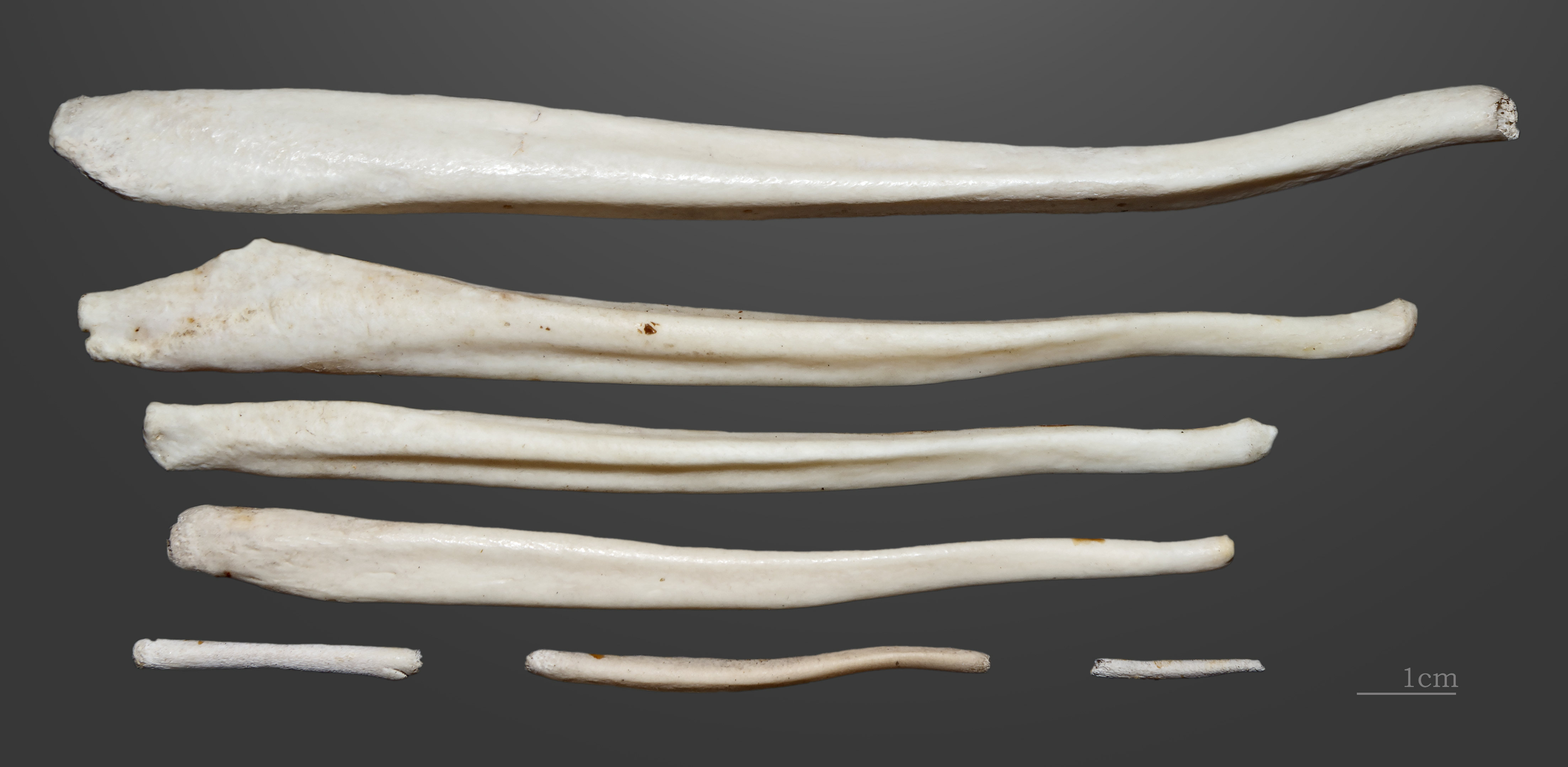Scientists Reveal the Real Reason Men Don't Have Penis Bones

By:
Scientists finally have an answer to the age-old question: why don't male humans have a penis bone?
 Wikimedia - wikimedia.org
Wikimedia - wikimedia.org
Researchers at the University College London published a study in the journal Proceedings of the Royal Society B on Wednesday that examined the evolutionary reasons that men lost the bone, known as the baculum, which first evolved in mammals between 95 and 145 million years ago.
The short answer has to do with the amount of time different species engage in sex and also the level of "postcopulatory sexual competition," or competition for females that follows ejaculation, the study concluded.
"Our findings suggest that the baculum plays an important role in supporting male reproductive strategies in species where males face high levels of postcopulatory sexual competition," lead author Matilda Brindle said in a press release. "Prolonging intromission [sexual penetration] helps a male to guard a female from mating with any competitors, increasing his chances of passing on his genetic material."
Essentially, in species where males are competing with each other to impregnate females with their sperm, having a penis bone helps them keep their penis erect in the female for long enough that the sperm can take root before another male comes along and tries to procreate with that female.
 Wikimedia - wikimedia.org
Wikimedia - wikimedia.org
After analyzing sexual patterns of species with and without penis bones, the researchers determined that the number one factor associated with the baculum is whether or not penetration lasts three minutes or more. Species that have "prolonged intromission" — penetration that lasts for three minutes or more — are most likely to have a baculum.
Humans tend to have sex for an average of two minutes or less, Brindle pointed out in a blog post on The Conversation Tuesday. The function of the penis bone in terms of intromission time is that it "helps a male to guard a female from mating with any competitors, increasing his chances of passing on his genetic material."
But there's an exception to the intromission rule.

Chimpanzees and bonobos — the closest genetic relatives of humans — have small baculum, despite the fact that penetration lasts between seven and 15 seconds for these primates. The explanation, according to the researchers, is that both species are polygamous — which means having multiple partners. The polygamy among the two groups, ultimately, leads to increased competition that simply doesn't exist at the same level in humans.
"After the human lineage split from chimpanzees and bonobos and our mating system shifted towards monogamy, probably after 2 [million years ago], the evolutionary pressures retaining the baculum likely disappeared," coauthor Dr. Kit Opie said in a press release. "This may have been the final nail in the coffin for the already diminished baculum, which was then lost in ancestral humans."
Ultimately, men stopped needing a penis bone because of their mating system and short penetration period, the researchers concluded, solving perhaps one of the great evolutionary mysteries of our time.
